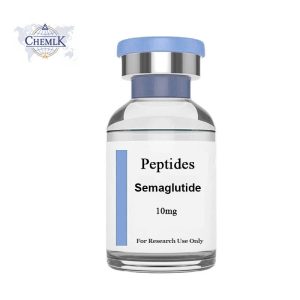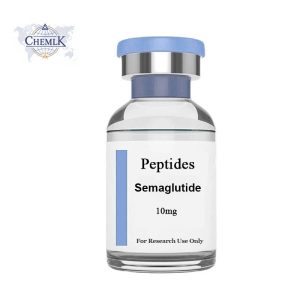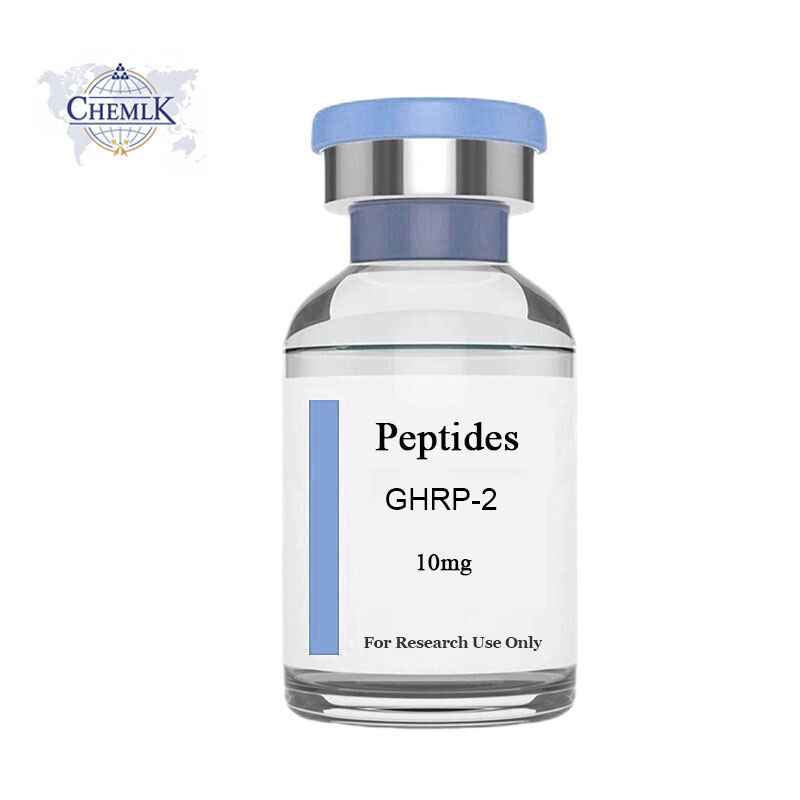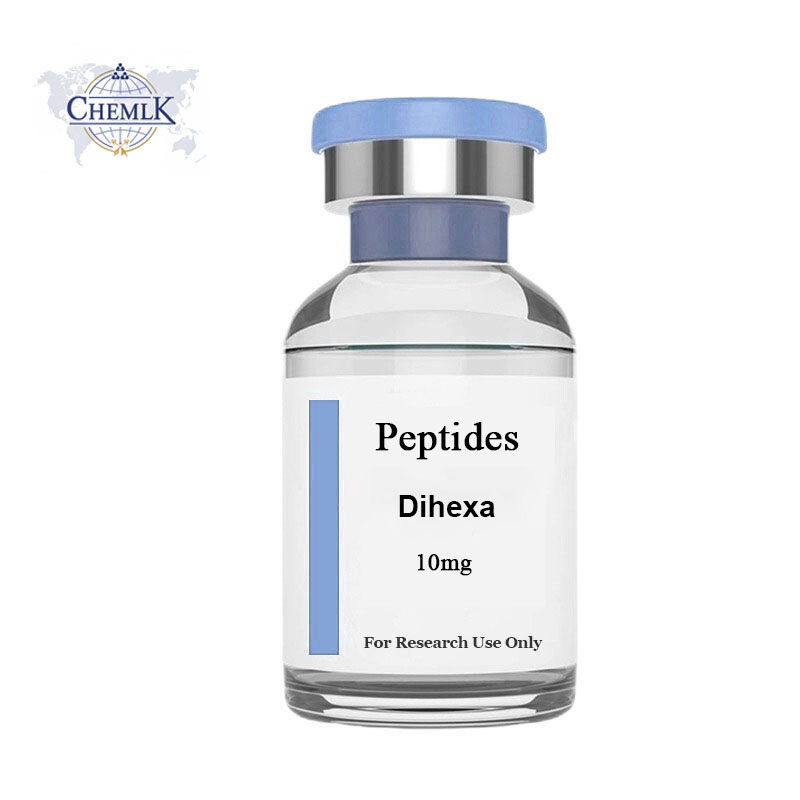Healing Peptides|Unlocking the Secrets to Better Health
Home Healing Peptides|Unlocking the Secrets to Better Health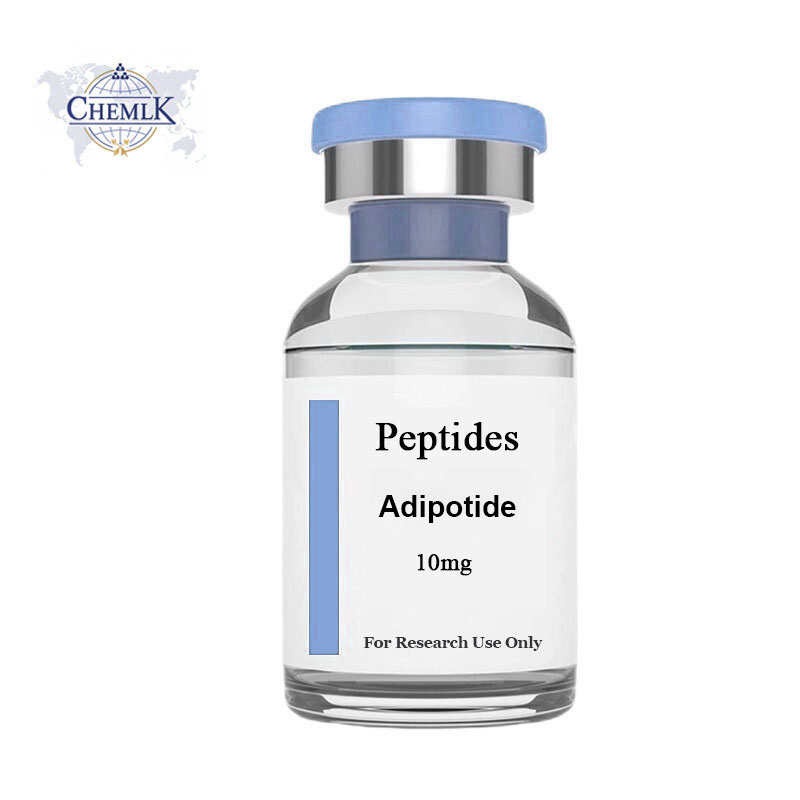
What are Peptides?
Peptides are short chains of amino acids, which are organic compounds that serve as the building blocks of proteins. Proteins themselves are made up of long chains of amino acids, but peptides are generally shorter in length, typically consisting of 2 to 50 amino acids. These molecules play critical roles in the body by acting as signaling molecules, enzymes, and hormones. They regulate various biological functions and processes, including metabolism, immune response, and cellular growth.
Peptides can be naturally occurring or synthetically created. Natural peptides are produced within the body and can have a wide range of functions, from regulating blood pressure to promoting tissue healing. Synthetic peptides, on the other hand, are designed to mimic or enhance the action of naturally occurring peptides and are used in various therapeutic and cosmetic applications.
Types of Peptides and Their Benefits
There are several types of peptides that have been studied for their health benefits. Some of the most well-known peptides and their roles in health include:
1. Collagen Peptides
Collagen is the most abundant protein in the human body, providing structure to the skin, bones, muscles, and connective tissues. As we age, our natural collagen production declines, leading to the formation of wrinkles, sagging skin, and joint pain. Collagen peptides are short chains of amino acids derived from collagen, and they have been shown to help restore and maintain the elasticity and hydration of the skin.
Supplementing with collagen peptides has become a popular practice in the health and beauty industry. Studies suggest that collagen peptides can improve skin elasticity, reduce wrinkles, and promote joint health. Additionally, collagen peptides have been found to support bone density, muscle mass, and wound healing.
2. Insulin-like Growth Factor (IGF-1)
Insulin-like growth factor 1 (IGF-1) is a peptide hormone that plays a vital role in growth, development, and tissue repair. It is produced in the liver in response to growth hormone and has powerful effects on muscle growth and regeneration. IGF-1 promotes the uptake of amino acids into cells, which enhances protein synthesis and muscle growth.
In recent years, IGF-1 has gained attention in the fitness community due to its ability to enhance muscle recovery and stimulate muscle growth. Some athletes and bodybuilders use synthetic IGF-1 peptides to increase muscle mass and strength. However, it is important to note that the use of IGF-1 as a performance-enhancing drug is controversial and can have serious side effects.
3. Thymosin Beta-4
Thymosin Beta-4 is a peptide that plays a key role in tissue repair and regeneration. It is found in high concentrations in the heart, muscles, and skin, and it has been shown to promote wound healing and reduce inflammation. Thymosin Beta-4 has gained attention in the medical field for its potential use in treating injuries and enhancing tissue regeneration.
Research has shown that Thymosin Beta-4 can accelerate the healing process of muscles, tendons, and ligaments, making it a promising option for athletes recovering from injuries. Additionally, it has been found to improve the function of the heart after a heart attack by promoting tissue regeneration and reducing scar tissue formation.
4. Peptide Hormones for Fat Loss
Some peptides have been found to aid in weight loss by stimulating the release of fat-burning hormones. One of the most well-known peptides for fat loss is Human Growth Hormone (HGH). HGH stimulates the breakdown of fat cells and encourages the production of lean muscle mass. It also enhances metabolism and helps regulate blood sugar levels.
Another peptide that has gained popularity for fat loss is Melanotan II, which has been shown to reduce appetite and increase energy expenditure. This peptide has been studied for its potential to assist in weight management by reducing food cravings and enhancing fat oxidation.
5. BPC-157 (Body Protective Compound-157)
BPC-157 is a peptide derived from a protein found in the stomach. It has been studied for its ability to promote healing and tissue repair, particularly in the muscles, tendons, and ligaments. BPC-157 has shown promise in accelerating recovery from injuries and reducing inflammation. It also has protective effects on the gut, potentially aiding in the treatment of gastrointestinal disorders.
Athletes and individuals with chronic injuries often seek out BPC-157 as a way to enhance recovery and reduce pain. Studies suggest that BPC-157 may help treat tendonitis, ligament sprains, and muscle strains, making it a popular peptide for those looking to recover quickly from injuries.
How Peptides Support Overall Health
The benefits of peptides extend far beyond the aesthetic and fitness benefits mentioned above. Peptides can contribute to various aspects of overall health, from improving immune function to promoting better sleep.
1. Immune System Support
Peptides play a crucial role in maintaining a healthy immune system. Certain peptides, such as Thymosin Alpha-1, help regulate immune responses by stimulating the production of white blood cells. This peptide has been shown to enhance the body’s ability to fight infections and reduce inflammation.
In addition, certain antimicrobial peptides (AMPs) have been found to possess natural antibacterial, antiviral, and antifungal properties, providing protection against harmful pathogens. Researchers are exploring the potential of these peptides in developing new antibiotics and antiviral therapies.
2. Mental Health and Cognitive Function
Some peptides have been studied for their potential to improve mental health and cognitive function. For example, Neuropeptide Y (NPY) has been linked to reduced anxiety and stress levels. This peptide plays a role in regulating mood and emotional responses, and it has been suggested that increasing NPY levels may have therapeutic effects for individuals with anxiety and depression.
Additionally, peptides such as Brain-Derived Neurotrophic Factor (BDNF) have been shown to promote neurogenesis (the growth of new neurons) and enhance memory and learning. BDNF plays a critical role in maintaining brain function and may offer a promising avenue for treating neurodegenerative diseases such as Alzheimer’s and Parkinson’s.
3. Sleep and Hormonal Regulation
Peptides are also involved in regulating sleep patterns and hormonal balance. Melatonin, a peptide hormone, is well-known for its role in promoting sleep and regulating the body’s circadian rhythm. Supplementing with melatonin can be effective for those suffering from sleep disorders or jet lag.
In addition, peptides such as Ghrelin and Leptin regulate hunger and satiety, playing a crucial role in appetite control and metabolism. By balancing these peptides, individuals may experience improved energy levels, better sleep, and enhanced overall health.
The Future of Peptides in Health and Medicine
As research into peptides continues to expand, we are likely to see even more innovative applications in health and medicine. From anti-aging therapies to personalized medicine, peptides are poised to revolutionize the way we approach wellness. However, it is important to exercise caution when using synthetic peptides, as improper use can lead to adverse effects. Always consult with a healthcare professional before starting any peptide therapy.
Peptides are an exciting frontier in medical science, offering potential treatments for a wide range of health conditions, from tissue repair to immune support. As we continue to uncover their full potential, peptides may become an integral part of our health and wellness toolkit, helping us live healthier, more vibrant lives.









Quick Links
